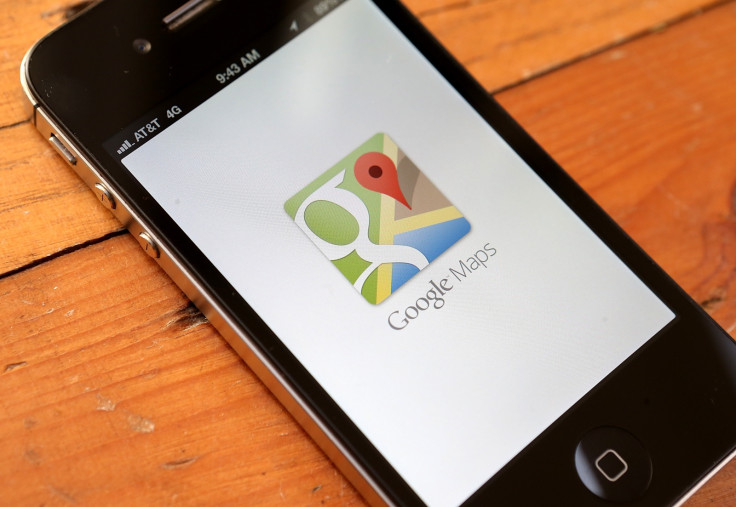Google's new frontier: Pakistan and Afghanistan will use Google Maps to settle border dispute
The two countries will reportedly carry out GPS enabled geological survey after recent deadly clashes.

Pakistan and Afghanistan will reportedly use Google Maps to settle a long-standing border dispute that led to deadly clashes last week and saw at least eight civilians killed on both sides. The clashes reportedly began after a Pakistani census team, accompanied by soldiers, visited disputed villages along the country's southern border on 5 May.
Although Pakistan was bequeathed its 1,500 mile border with Afghanistan after it gained independence from the British in 1947, Afghanistan is yet to formally recognise it. The AFP reported that although official Afghan maps feature the so-called Durand Line, numerous nationalists believe that the true border between the two nations lies at the Indus river, which runs across Pakistan.
"Officials from the geological survey departments of the two countries will conduct a survey, and they will also make use of Google Maps," said a senior Pakistani security official in Islamabad, who requested anonymity.
Abdul Razeq, the police chief of Kandahar province, southern Afghanistan, said: "After negotiations, both sides have agreed that a geological survey should be conducted. Technical teams of both countries will use GPS and Google Maps as well as other means to get the answer."
AFP reported that Google complies with some countries' conditions to show borders that reflect the national demands. An example is Google's Indian site that features the entire of its northern-most border state of Kashmir as controlled by India. However, in Pakistan Google shows the internationally recognised LoC (Line of Control), marked with a dotted line to signify that the area is disputed.
This is not Google's first brush with border disputes. AFP reported that in 2010, the tech giant became embroiled in a dispute that led Nicaragua and Costa Rica to dispatch their troops and armed police to their joint border.
The issue arose after a Nicaraguan commander, during an interview with the Costa Rican newspaper La Nación, cited Google's version of the border map to defend a raid conducted in a disputed area of Costa Rica. The incident prompted Google to later clarify that it had made a mistake. The tech giant also reportedly said that it had corrected its map to mirror one approved by the US state department.
Pakistan's attempts in 2016 to harden the traditionally soft border with Afghanistan were met with hostile resistance from Kabul. AFP reported that ethnic Pashtuns living in the area have in the past, paid little heed to the border, with villages strewn across the disputed area housing mosques and houses that have one door in Pakistan and another in Afghanistan.
After the recent clashes, Pakistan reportedly escalated its discourse saying that it had killed over 50 soldiers in the clashes. However, the claims were dismissed by Afghanistan, which said that it had lost two soldiers.
© Copyright IBTimes 2025. All rights reserved.






















